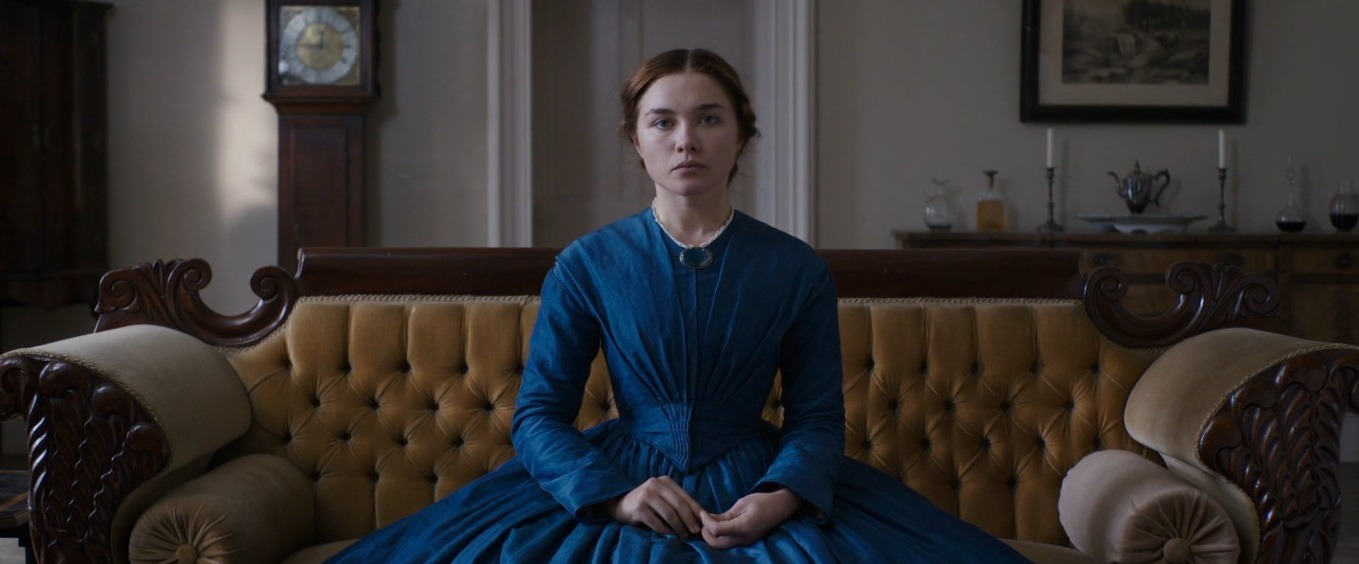Florence Pugh broke through with her powerhouse performance here as Katherine, a young woman who is “sold” into a coldly transactional marriage with a cruel and impotent merchant in 1800s Northern England. Lady Macbeth seems to begin as one thing — a gloomy period tale of oppression and feminist rebellion — but, on the strength of Pugh’s performance, pivots into an even bleaker subversion of that initial impression, the kind we haven’t really seen before.
When her disinterested husband takes a long leave of absence to tend to some business affairs, Katherine does more than just defy his command that she stay indoors: she begins an unabashed affair with one of her husband’s gruff groomsmen (Cosmo Jarvis), who ignites in her an obsessive passion that brings out her dark side. She’ll stop at nothing to remove any obstacles in the couple’s way — but, while her initial targets are arguably quite deserving of their fate, her scheme soon implicates the innocent. The creeping revelation that all the cruelty Katherine has been subjected to has brutalized her in turn comes as a shock, but this dramatic overturning of our expectations is made chillingly real by Pugh’s fierce, unfaltering performance.










